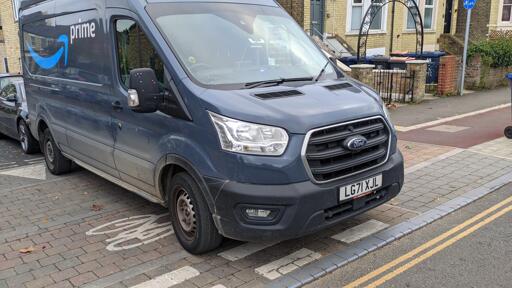

You’d think, but there are three levels of responsibility: the city council, the county council, and the local police. Calling any one of them to complain and demand enforcement results in them redirecting you to one of the others.
Basically, unless you’re blocking car traffic, no one with power cares.










That’s the dream. Where do you live?